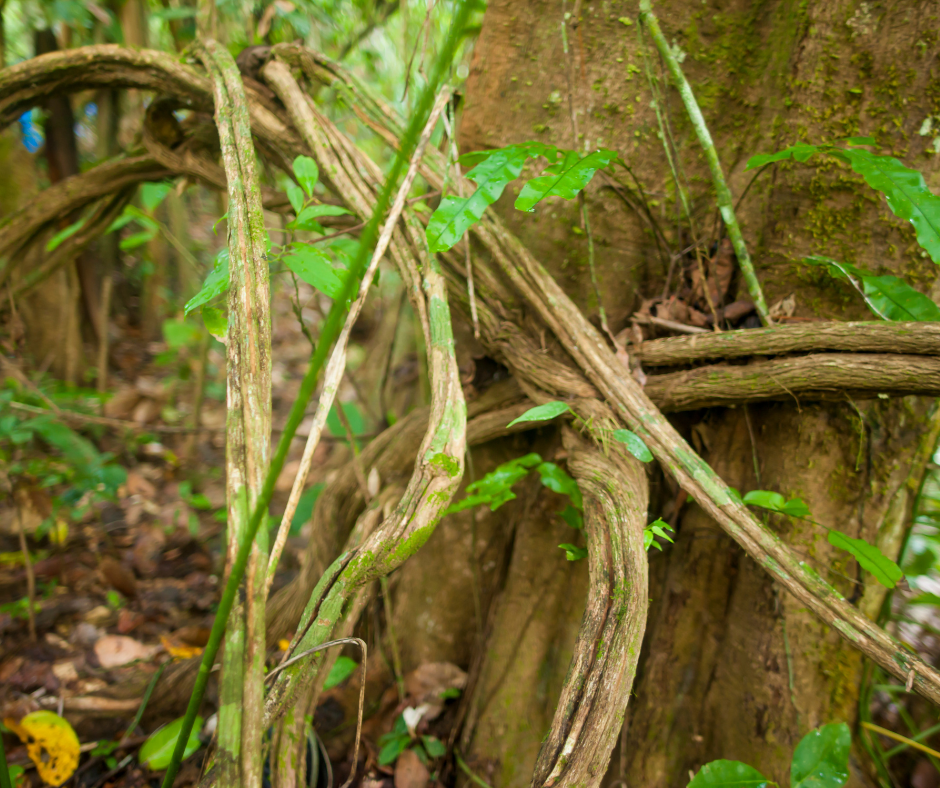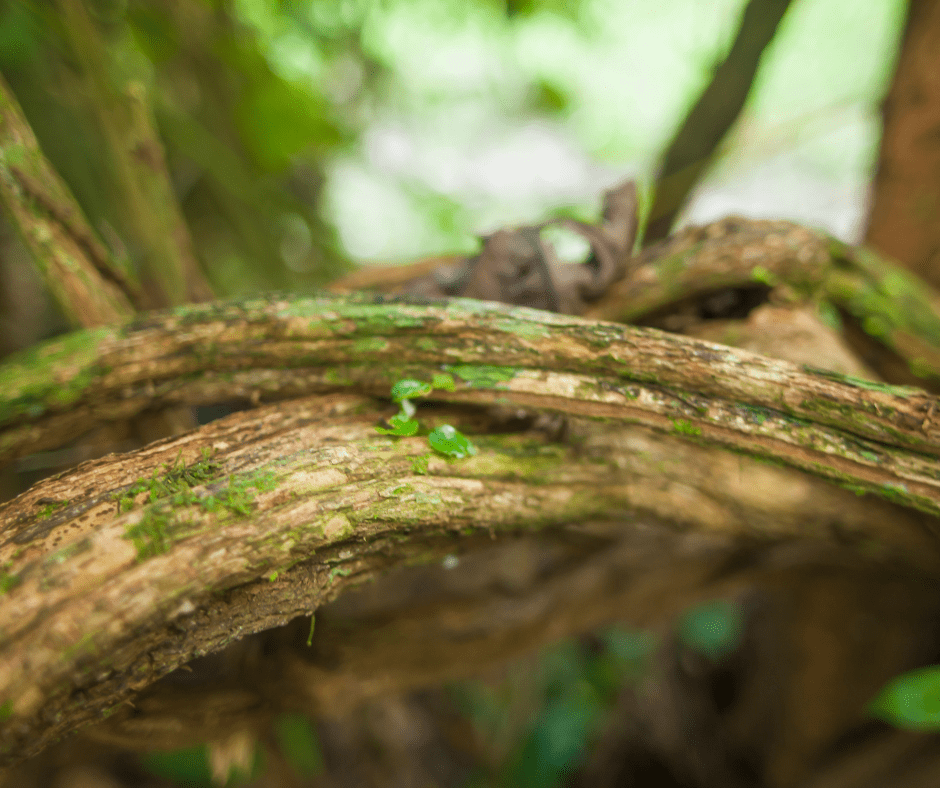Key Takeaway:
- Ayahuasca is a plant-based brew that has been used for centuries in indigenous cultures in South America for spiritual and medicinal purposes. It contains psychoactive compounds that can produce a hallucinogenic experience for users.
- The legality of ayahuasca varies depending on location. While it is illegal in some countries, such as France and Australia, it is legal or decriminalized in others, such as Peru and the Netherlands. In the United States, its legality varies by state, and it is often regulated as a Schedule I drug.
- Ayahuasca use is protected by religious freedom laws in certain contexts, such as with the Santo Daime church in the United States. However, this protection is not guaranteed in all countries and situations.
Do you wonder if ayahuasca is legal? With an increase in the use of ayahuasca for spiritual and medicinal purposes, it’s important to understand the legal risks associated with its use. Learn about the legal status of ayahuasca and more in this comprehensive guide.
Defining Ayahuasca and its Cultural History
To truly understand Ayahuasca, we must first delve into its cultural history and traditions. This sacred brew has been used for centuries in various indigenous South American cultures for medicinal and spiritual purposes, often referred to as a “plant teacher” with the potential to unlock hidden insights about oneself and the cosmos.
Defining Ayahuasca and its cultural history is a complex topic due to its multidimensional components. The active ingredient in Ayahuasca is DMT, which is naturally found in several plants but becomes orally active when combined with a specific enzyme, traditionally derived from the Banisteriopsis caapi vine. This powerful combination produces intense hallucinations that have been described as otherworldly and transformative.
Beyond its chemical components, Ayahuasca ceremonies are steeped in rich cultural traditions that vary depending on the region where it is practiced. For many indigenous cultures, it serves as a way of connecting with their ancestors and gaining knowledge from the spirit world. Sharing ayahuasca within community settings reinforces social bonds, strengthening relationships among participants.
Although the popularity of Ayahuasca has skyrocketed in recent years due to tourism and Western curiosity, it’s important to recognize how these practices were birthed out of generations of wisdom passed down through Indigenous communities. To honor this tradition properly requires us to approach it humbly while seeking greater knowledge through education or visiting with reputable shamans who facilitate traditional ceremonies. Book An Ayahuasca Retreat Ayahuasca Is A plant-based medicine that may have side effects. Make sure and do independent research before attending a retreat.
If one decides to partake in an ayahuasca ceremony, preparation is key. Suggestions like abstaining from alcohol or sex before the ceremony allow for deeper focus during sessions by cleansing both body and soul. Additionally, fostering an intention behind consuming ayahuasca will guide users towards momentous insights rather than experiencing unpleasant sensations caused by distracted energies.
Embarking on an ayahuasca journey can be life-changing; however caution must be taken while partaking in an illegal practice or committing cultural appropriation when not handled respectfully- thus taking away from essence of Ayahuasca itself. Moving forward, one must proceed with intention and respect for the traditions that have shaped this sacred plant teacher.
As I embark on my own Ayahuasca journey, I am now ready to share what others in the community describe as a mystical experience of using Ayahuasca- entailing powerful life altering moments unveiling uncharted territories within oneself.
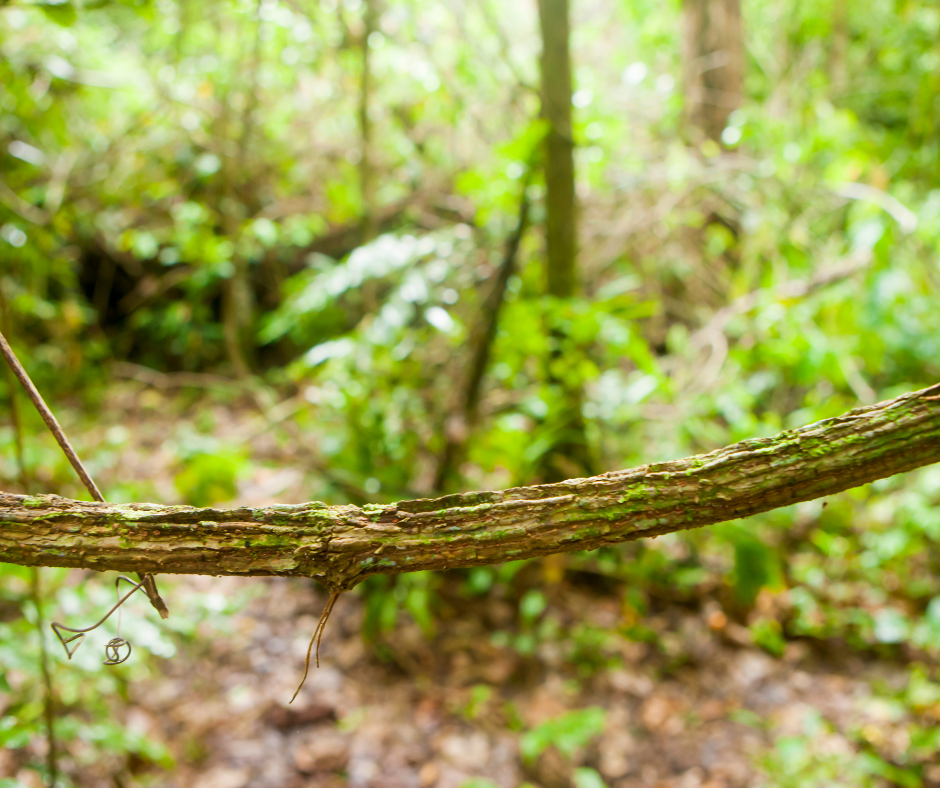
The Mystical Experience of Using Ayahuasca
The Mystical Experience of Using Ayahuasca is an all-encompassing event that changes a person’s perception and consciousness. The experience is said to be mystical because it cannot be easily explained; however, the experiences have diverse effects on people’s lives.
Ayahuasca, pronounced eye-ah-wah-ska, is a powerful psychedelic plant medicine used by indigenous tribes in South America for centuries. The brew consists of two main plant ingredients; one contains DMT (dimethyltryptamine), which is hallucinogenic, and the other inhibits the enzyme responsible for breaking down DMT when ingested orally, allowing its psychoactive effects to manifest intensely into a powerful trip that can last up to six hours.
This powerful plant brew works by taking users through an immersive spiritual or altered state of consciousness that brings them vivid and evocative imagery connected with the interrelatedness of all things while purging or cleansing negative energy trapped within our bodies, making us feel more connected to ourselves and everything around us.
Cultures who have been using this brew for centuries believe that it has healing powers and can cure both physical and psychological ailments. People who use Ayahuasca claim they receive deep insights into their lives’ purpose, mystical revelations about themselves or others, and fundamental ideas about existence itself.
Shamanic traditions surrounding Ayahuasca are ancient; shaman brews take months of preparation before being offered – much like wine making processes – in ceremonies known as Ayahuasca journeys held during significant times like full moons, solstices or equinoxes under the competent guidance of trained healers called ‘Ayahuasceros.’
One interesting fact about Ayahuasca: According to a 2018 survey conducted by Johns Hopkins University School of Medicine in Baltimore on 1,200 people who had taken psychedelic drugs such as LSD or psilocybin mushrooms took significantly fewer mental health days off work than those who had not experimented.
So, if you’re curious to know about Ayahuasca’s legal status, stay tuned for the next section. But be warned; it’s complicated- one moment it is illegal while in the other instance, acceptable under specific conditions!
Is Ayahuasca Legal?
As a frequent user of Ayahuasca, the legality of this psychedelic plant medicine has always been on my mind. I wanted to know where I stood, and it seemed there was a lot of conflicting information out there. In this section, we’ll delve deeper into the legal status of Ayahuasca. We’ll explore the current international regulations and laws surrounding Ayahuasca use, as well as the legal status of Ayahuasca in the United States. Additionally, we’ll take a closer look at individual state laws regarding Ayahuasca to get a comprehensive understanding of where it stands legally. Let’s get to the bottom of this pressing question: is Ayahuasca illegal?
International Ayahuasca Regulations and Laws
International Ayahuasca Regulations and Laws are crucial to understand before exploring the legality of Ayahuasca. These regulations are in place to control the use, production, and distribution of Ayahuasca around the globe.
The regulations work under the framework of international drug laws that aim to prevent drug trafficking, abuse, and harm to individuals. The United Nations Office on Drugs and Crime (UNODC) has placed Ayahuasca on its list of controlled substances, which means that countries must follow specific guidelines when using or exporting it.
One of the reasons behind these regulations is to protect indigenous communities that have used Ayahuasca for centuries by preventing any misuse or exploitation. It aims to differentiate between legitimate spiritual use and recreational use in western cultures that may lead to harm or abuse.
While there is no universal law for using Ayahuasca, some countries such as Brazil, Colombia, Peru allow it within certain frameworks. At the same time, other nations have banned its consumption entirely due to moral, ethical and legal reasons.
It’s important to research thoroughly about International Ayahuasca Regulations and Laws before exploring its legality in your location. Understanding these guidelines could help ensure safe consumption practices while avoiding any criminal offenses or harmful consequences.
Next Stop – Legal Status of Ayahuasca in the United States! Hold on tight; we’re unleashing some exciting facts on how US authorities perceive this sacred plant medicine!
Legal Status of Ayahuasca in the United States
The use of Ayahuasca in the United States has been a topic of controversy for many years. Many people have wondered about the legal status of this plant medicine, which has been used for traditional healing practices in South America for centuries.
In the United States, Ayahuasca is classified as a Schedule I drug under the Controlled Substances Act, which means it is illegal to manufacture, distribute or possess. However, there are some exceptions to this rule. In certain circumstances, religious groups and indigenous tribes are permitted to use Ayahuasca for traditional healing purposes.
The legality of Ayahuasca varies from state to state in the United States. While it is generally considered illegal, some states have passed laws that allow for the use of Ayahuasca under certain conditions. For example, in Oregon, a ballot initiative passed in 2020 legalizing psilocybin therapy and paving the way for other psychedelic-assisted treatments like Ayahuasca.
Despite its illegality, the use of Ayahuasca has become more mainstream in recent years with an increase in psychedelic tourism to countries where it is legal like Peru and Brazil. Some individuals choose to participate in underground ceremonies within the US which come with risks such as lack of safety regulations and medical oversight.
A recent study by researchers at Johns Hopkins University found that psychedelics including Ayahuasca have potential therapeutic benefits particularly for treatment-resistant depression, anxiety disorders and substance abuse though rigorous scientific research is needed before widespread legalization.
As someone interested in alternative forms of healing but also valuing my own safety and legality (and perhaps a bit hesitant about diving into an illicit ceremony), I was curious about individual state laws regarding Ayahuasca…
Individual State Laws Regarding Ayahuasca
Individual State Laws Regarding Ayahuasca
If you are wondering if ayahuasca is legal or illegal, the answer is both. The legality of ayahuasca varies from state to state, making it a complicated topic to understand. You need to have proper knowledge about individual state laws regarding ayahuasca if you plan on consuming it.
The reason behind this variation in legality is because of the drug classification of Ayahuasca which contains DMT (dimethyltryptamine) that falls under Schedule I drug category in Controlled Substance Act (CSA). Whereas certain states have excluded ‘Religious use’, some states simple avoid mentioning Ayahuasca usage solely for its religious values.
Individual state laws regarding Ayahuasca are divided into four categories: legal, decriminalized, restricted access and illegal. Legal states permit esoteric religious groups using Ayahuasca for ritual purposes provided there’s no sale/distribution creation of national/international movement delivering Ayahuasca experience to people by courier/mail order. Decriminalized States (Mostly Present in U.S.A) refers to a condition where possession of small amounts doesn’t lead to prosecution. Restricted access means that only certain individuals can possess or consume ayahuasca with permission from medical professionals or research facilities. While the remaining states refer to it as illegal, and possessing/carrying them could lead to arrest and severe legal consequences even if presentation as spiritual/religious requirement.
If you’re planning on taking part in an ayahuasca ceremony, it is essential that you know the laws according to your location since ignorance is not an acceptable defense at court. It would be best if you take precautions before participating as you may face severe consequences having no knowledge of individual state laws regarding ayahuasca.
If Individual State Laws regarding Ayahuasca make your head spin, wait till you read about its significance in religion!
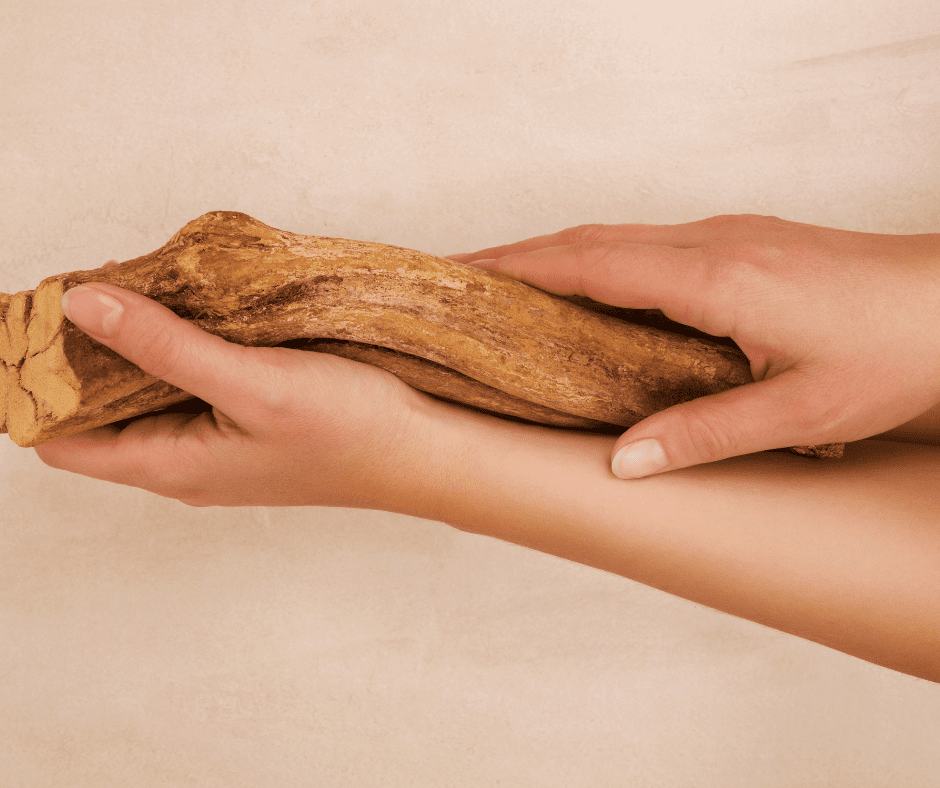
Ayahuasca and Religion
As I delved deeper into my Ayahuasca journey, I couldn’t help but wonder about the legality of this ancient psychedelic brew. In this section, I will be discussing Ayahuasca and religion, and specifically focusing on religious freedom as it pertains to Ayahuasca use in the US and international contexts.
Firstly, we’ll examine the complex legalities surrounding Ayahuasca use in the US for religious purposes. Then, we’ll explore international religious freedoms related to Ayahuasca, highlighting key legal events that have shaped its contemporary use. Through this exploration, we can gain a more nuanced understanding of the intersection between religious expression and the legal status of Ayahuasca.
Religious Freedom and Ayahuasca Use in the US
Religious Freedom and Ayahuasca Use in the US
The topic ‘Religious Freedom and Ayahuasca Use in the US’ raises a question, is it legal to use Ayahuasca for religious purposes? Well, if we look deeper into Religious Freedom laws in the US, people can practice their religion freely, even if it involves the use of certain substances. However, there are certain regulations and guidelines that need to be followed.
The use of Ayahuasca for religious purposes falls under the protection of Religious Freedom laws in the US. The Native American Church has been using peyote as part of their spiritual practices since 1918 which paved the way for other religious communities to seek legal protection for their traditional sacraments. The Supreme Court recognized these practices in 2006 by allowing ayahuasca’s ceremonial usage by the Uniao do Vegetal Church (UDV) in America.
It is important to note that only specific individuals who have taken certain precautions and undergone ritual preparation are allowed to consume Ayahuasca during religious ceremonies. Moreover, these ceremonies take place under strict supervision with trained facilitators to ensure participants’ physical and psychological well-being.
This provision offers room for individuals seeking spirituality through such means to get access to a fulfilling experience without getting on the wrong side of law enforcement agencies. As much as some states have tried limiting its use due to its potential dangers or adverse interactions with other drugs or medication, government officials must respect indigenous peoples’ rights recognizing their individual freedoms.
You don’t want to be one of those missing out on experiencing an enlightening ceremony that combines ancient rituals with powerful and transformative plants like Ayahuasca. With this conviction comes a deeper connection with one’s soul and spirituality that cannot be found elsewhere. Therefore it is important not only for ourselves but also for future generations that we respectfully hold those traditions up.
If you thought using psychedelics was impossible within regulated constructs, brace yourself because, in the next section, we’re heading to territories that offer next-level Religious Freedoms and Ayahuasca use.
International Religious Freedoms and Ayahuasca
International Religious Freedoms and Ayahuasca
Exploring the intersection of international religious freedoms and ayahuasca, one finds a complex topic that delves into the legality of sacramental use of the psychoactive brew. In many countries where ayahuasca is considered illegal, its usage within religious ceremonies is often decriminalized under the protection of constitutional or legislative provisions regarding religious freedom.
This protection comes from the recognition that ayahuasca plays a central role in the spiritual practices of several indigenous communities in South America. The argument is that prohibitions on ayahuasca are an infringement on their right to exercise their religion unhindered. It is an interesting aspect to consider, given that traditional religions with sacraments like wine used as part of their practices do not encounter legal ramifications.
The fact that psychoactive substances are consumed during religious rituals should not be dismissed as antiquated custom. Medical research has revealed that ayahuasca holds several potential therapeutic uses. For instance, studies suggest it could potentially alleviate depression, substance addiction and help promote psychological rebirth in individuals facing traumatic experiences.
A firsthand account would suffice to relate how transformative an experience using ayahuasca can be for someone who has struggled with addiction or self-acceptance. A legal battle was once fought for individuals desiring access to ceremonial use of ayahuasca as part of their religious practice. This case went all the way up to the U.S Supreme Court, which ultimately allowed these individuals to practice their faith with the aid of the sacred plant medicine.
If you’re wondering what implications these legal cases will have on future research regarding psychedelics such as psilocybin and LSD, stay tuned – I’ll dive into “Ayahuasca in Clinical Studies” next!
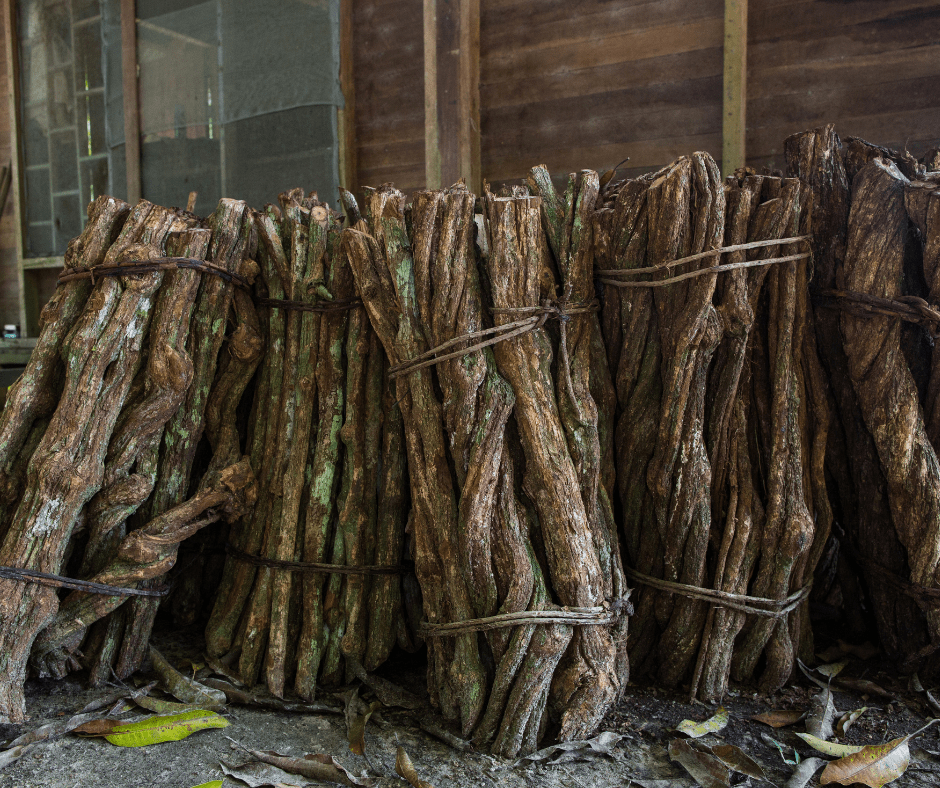
Ayahuasca in Clinical Studies
As a researcher with a deep interest in the therapeutic potential of psychedelics, I have been closely monitoring the recent clinical studies being done on ayahuasca. In this part of the article, we will delve into the potential benefits and risks associated with ayahuasca usage.
Through examining various studies, we will analyze the potential use of ayahuasca for treating mental health issues, including depression and anxiety. Alongside this, we will also look at the potential risks associated with ayahuasca consumption, including physiological effects such as vomiting and diarrhea, and psychological risks like PTSD-like symptoms.
Examining the Potential Benefits of Ayahuasca Usage
Ayahuasca, a plant-based brew used for traditional spiritual and medicinal purposes, has been gaining popularity in recent times. More and more people are exploring the potential benefits of Ayahuasca usage, which is growing beyond cultural boundaries. The brew is said to enhance perception and change consciousness, leading to personal growth and healing.
The potential benefits of Ayahuasca have sparked interest in researchers who are studying the effects of the brew on individuals with anxiety, depression, addiction and other mental health disorders. Ayahuasca contains a psychoactive compound known as DMT or N,N-dimethyltryptamine which regulates mood and cognition by acting on serotonin receptors. This makes Ayahuasca a powerful tool for treating various mental health conditions.
Beyond traditional spiritual practices, it has also found use in modern shamanism practices where trained individuals prepare the brew with proper ingredients and conduct ceremonies for participants seeking healing. These ceremonies aim to create a safe environment for participants to explore their inner selves while being guided by experienced facilitators.
An example of how Ayahuasca can lead to positive transformation comes from Mark Plotkin’s book ‘Tales of a Shaman’s Apprentice’. He talks about his experience with an indigenous tribe who were able to cure themselves of medical ailments using the plant’s healing properties. This reflects the deep knowledge passed down through generations about Ayahuasca’s therapeutic properties.
My own journey with Ayahuasca was transformational – it helped me regain control over my life after years of struggling with addiction. It allowed me to confront my fears and embrace myself fully. I discovered that my truth lies within me and that I am not bound by external forces.
As I delve deeper into this sacred plant medicine, I cannot help but wonder what risks come along with using it. Could there be potential harms outweighing its benefits? Let’s explore this next aspect further in ‘Analyzing the Potential Risks Associated with Ayahuasca’.
Analyzing the Potential Risks Associated with Ayahuasca
Ayahuasca is an ancient medicine that has been used for centuries by indigenous people in the Amazonian region. This powerful psychedelic brew has recently gained popularity for its potential therapeutic benefits, specifically in the treatment of depression, anxiety, and addiction. However, with any substance that alters consciousness, there are potential risks that should be carefully analyzed.
The potential risks associated with ayahuasca stem mainly from the psychoactive properties of the plants used to make the brew. The primary active ingredient in ayahuasca is dimethyltryptamine (DMT), which is a Schedule I controlled substance in the United States due to its hallucinogenic properties. Ayahuasca also contains harmine and harmaline, MAO inhibitors that can cause potentially dangerous interactions with certain medications or foods that contain tyramine.
Furthermore, ayahuasca ceremonies are often conducted in a ritualistic setting and led by a shaman or facilitator who may lack proper medical training or oversight. This can increase the risk of adverse reactions or accidents during ceremonies, especially if participants have pre-existing medical conditions or take prescription medications.
It’s important to note that while there are potential risks associated with ayahuasca use, there is limited scientific research on its therapeutic effects and safety profile. Much of what we know about ayahuasca comes from anecdotal reports and small-scale studies conducted in non-clinical settings.
Despite these uncertainties around its risks and benefits, ayahuasca remains illegal in many countries including the United States due to concerns around drug abuse and public safety.
Ayahuasca has a long history of traditional use among indigenous communities but has recently gained attention for its potential therapeutic benefits. As I dive deeper into this topic, it’s clear that analyzing the risks associated with the use of this plant medicine is crucial. However, coming to a conclusion on whether it should be legal for clinical purposes will require us to navigate through complex legal landscapes without forgetting about indigenous cultures and practices.
Summarizing the Legality of Ayahuasca in Different Locations
The legality of Ayahuasca has been an issue for many years, and it varies from one location to another. Different countries have different laws concerning the use of Ayahuasca, and these laws are based on various factors, including cultural beliefs, health concerns, and religious practices.
Summarizing the Legality of Ayahuasca in Different Locations involves examining how different countries view Ayahuasca and what rules they have put in place to regulate its use. It is also essential to understand the reasons behind these regulations and why they differ from one location to another.
For instance, some countries consider Ayahuasca a dangerous drug that poses health risks to its users, while others recognize its cultural significance and religious importance. Summarizing the Legality of Ayahuasca in Different Locations provides valuable information about the various legal requirements surrounding the use of this plant-based brew.
In Brazil, for instance, where Ayahuasca is widely used as part of traditional spiritual practices, there are regulations governing its production and consumption. The country has designated several churches that can legally serve Ayahuasca during their religious ceremonies.
A true fact about Summarizing the Legality of Ayahuasca in Different Locations is that in 2006, a federal court ruled that banning Ayahuasca would violate religious freedom rights protected by both the Brazilian Constitution and international law. This ruling allowed followers of União do Vegetal – a Brazilian religion that uses Ayahuasca as part of its rituals – to continue using it legally. Therefore, highlighting such facts helps provide readers with useful insights into the legal landscape surrounding this controversial plant-based brew.
The Potential Benefits and Risks of Ayahuasca Use
Ayahuasca is a traditional plant medicine that has been used by indigenous communities in South America for centuries. The potential benefits of ayahuasca use have been studied extensively, and research suggests that it may be beneficial for treating addiction, depression, anxiety, and PTSD. However, there are also risks associated with ayahuasca use.
To present the potential benefits and risks of ayahuasca use in a clear format, a table can be created to compare the two.
Potential Benefits Versus Risks of Ayahuasca Use:
| Potential Benefits | Potential Risks | Mitigation Measures/Precautions |
|---|---|---|
| Spiritual growth | Purging or vomiting during the ceremony | Proper guidance and safety precautions during the ceremony. |
| Enhanced creativity | Psychological distress | Use in a controlled and safe environment with a licensed practitioner. |
| Increased self-awareness | Unexpected drug interactions or complications due to pre-existing medical conditions. | Research providers and competent/credible retreat centers &consider health and mental status before consumption. |
| Improved mental health |
To elaborate on these potential benefits and risks of ayahuasca use further – scientific studies show that ayahuasca can help people connect their mind-body-spirit complex in deeper ways than other modalities of spiritual practices can achieve. Ayahuasca brew typically contains high amounts of dimethyltryptamine (DMT) which when ingested induces hallucinations similar to those experienced under LSD/tabs but more potent &longer-lasting. While many users find it beneficial and an excellent healing tool, proper guidance and safety takes utmost importance.
A 2018 Review Article on PLOS One titled ‘Serotonin Syndrome Induced by Ayahuasca in a Young Man with High Functioning Autism’ presented a case study where Ayahuasca’s unsupervised ingestion caused serious serotonin toxicity (a condition that happens when SSRI’s are mixed with MAOI’s). Experts recommend reading testimonials, researching providers and competent/credible retreat centers, considering health and mental status before taking medicine without proper overall assessment.
Five Facts About the Legality of Ayahuasca:
- ✅ Ayahuasca is classified as a Schedule I drug in the United States, making it illegal to possess or consume. (Source: Drug Enforcement Administration)
- ✅ However, some religious groups, such as the União do Vegetal and Santo Daime, have been granted exemptions for ayahuasca use in their ceremonies. (Source: Vox)
- ✅ Several countries, such as Brazil and Peru, allow for traditional ayahuasca ceremonies and use, although regulations and laws can vary. (Source: National Geographic)
- ✅ The legality of ayahuasca is a complex and evolving issue, with ongoing debates about its potential medical benefits and spiritual uses. (Source: The Guardian)
- ✅ In recent years, researchers and advocates have called for more research and exploration into the potential therapeutic uses of ayahuasca and other psychedelic compounds. (Source: Medical News Today)
FAQs about Is Ayahuasca Illegal?
Is Ayahuasca illegal?
Yes. Ayahuasca is classified as a schedule I substance in the United States, making it illegal to possess, distribute, or use for any purpose.
What is Ayahuasca?
Ayahuasca is a hallucinogenic brew made from the vines of the Banisteriopsis caapi plant and other ingredients. It has been used for centuries in traditional Amazonian medicine and shamanic practices.
Why is Ayahuasca illegal?
Ayahuasca is considered a controlled substance because it contains DMT, a powerful hallucinogen. The US government and other countries have banned ayahuasca because they view it as a potential drug of abuse with no recognized medical value.
Can I use Ayahuasca legally?
No. It is illegal to possess or use ayahuasca in the United States and many other countries. Exceptions may be made for religious or spiritual purposes, but this varies by jurisdiction, and obtaining such legal permission can be difficult.
Are there any risks associated with Ayahuasca use?
Yes. There are significant risks associated with ayahuasca use. These can include psychological distress, physical harm, and even death in rare cases. People with certain medical conditions or mental health issues should not use ayahuasca, and it should always be prepared and administered by experienced practitioners.
Is there any benefit to using Ayahuasca?
Ayahuasca has been used for centuries in traditional medicine and shamanic practices to treat various ailments, including depression, anxiety, addiction, and PTSD. It has also been studied in clinical settings for its potential therapeutic benefits, although more research is needed.
About Author
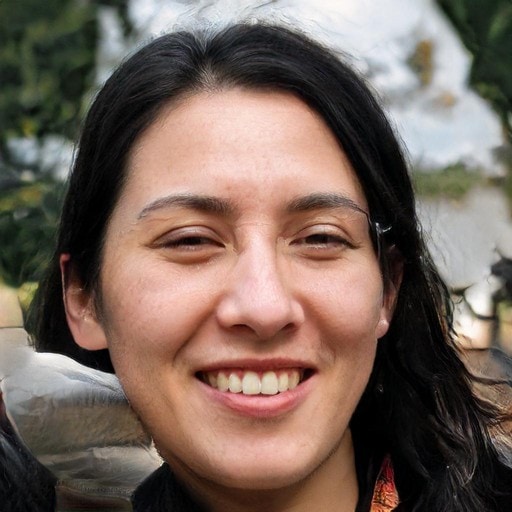
Kitty Ramirez is a passionate writer, explorer, and advocate for the preservation and understanding of indigenous cultures and traditional plant medicines. As the author of the blog, Kitty shares her knowledge and experiences from her many journeys across the globe, connecting her readers with the wisdom and healing practices of ancient cultures.
Born and raised in a multicultural family, Kitty developed a deep curiosity about the world and its diverse cultures at a young age. Her adventurous spirit led her to embark on a life of travel, exploring the far corners of the Earth in search of transformative experiences and a deeper understanding of human connection.
Throughout her travels, Kitty has had the opportunity to immerse herself in various indigenous communities, learning from their rich traditions and sacred healing practices. Her encounters with plant medicines, such as Ayahuasca, Sananga, and Rapé, have been particularly life-changing, inspiring her to share the power of these ancient remedies with a broader audience.
Legal Disclaimer: The information, including but not limited to, text, graphics, images and other material contained on this website are for informational purposes only. No material on this site is intended to be a substitute for professional medical advice, diagnosis treatment or recommendation. Ayahuasca is not an FDA-approved substance and side effects have been found. Make decisions based on your own level of comfort as an adult, not from anything you read on this website.

